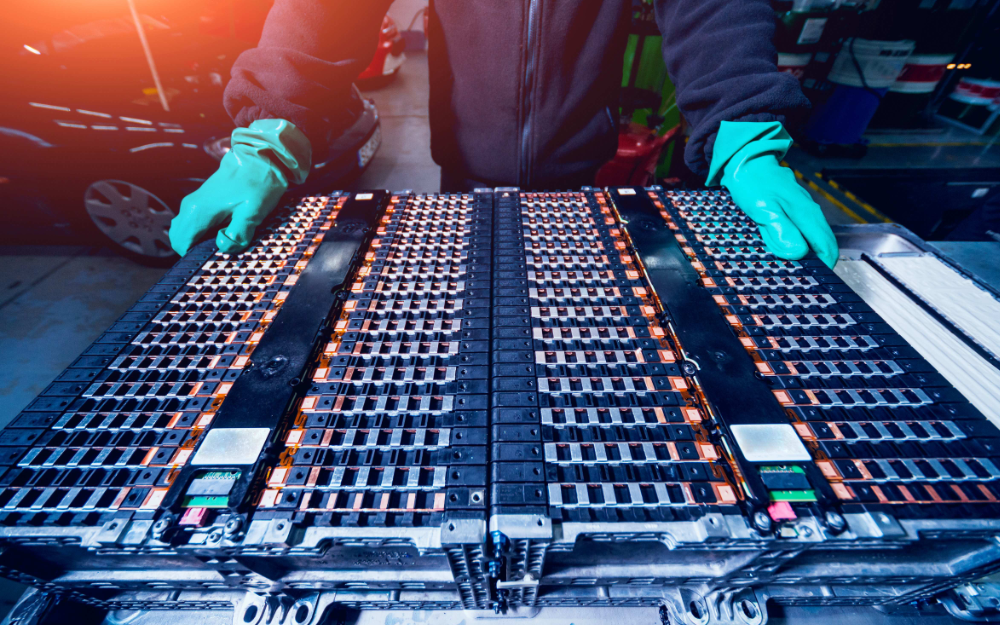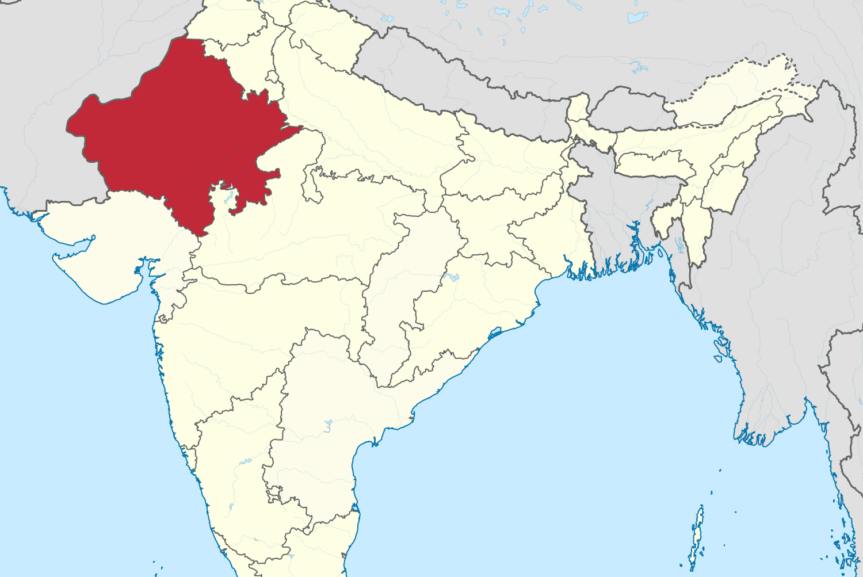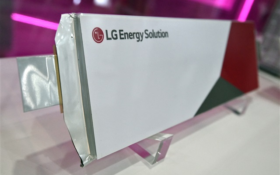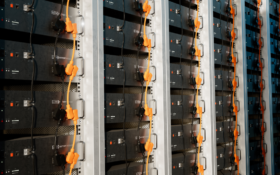A study from Systemiq, an international company active in sustainable solutions, analysed the prospects of recycling used lithium-ion electric vehicle (EV) batteries.
It was published at the Future Battery Forum in Berlin. Tilmann Vahle, Director of sustainable mobility and batteries at Systemiq, said: “The global battery recycling industry is rapidly evolving yet burdened with complexity. This study aims to understanding among non-specialists, urging collective action from industry, the public sector and civil society to efficiently manage environmental and social impacts, and risks.”
By 2030, around 350 million EVs could be running on the roads with 1.9 million batteries reaching the end of their life cycle. By 2040 this number could grow to 20 million rejected batteries annually. EV battery recycling is therefore a must to reduce a waste of valuable materials and to cut the emissions of greenhouse gases from producing new batteries.
The study proposes three key action areas to enhance global sustainability in battery recycling. The first consists of 10 industry principles along the battery recycling value chain, to prioritise worker health and safety, to minimise environmental impacts, to maximise resource recovery and quality, enforce rigorous supplier management, and to optimise recycling operations for sustainability.
The second action contains global guidance for policymakers. This includes encouraging investments, innovation, information access and the establishment of recycling targets.
The third action is a pre-competitive multi-stakeholder programme for collaboration between industry, civil society, academia and more. This is to address knowledge gaps, ensuring industry alignment through clear standards, regulations, research and development.
“It is clear that battery recycling supports EV sustainability. However, battery recycling too carries inherent risks and impacts regarding sustainability issues that need addressing, while taking into account the full life cycle from battery design to re-use of recovered materials,” said Tobias Kind-Rieper, Global Lead Mining and Metals at environmental group WWF Germany.












